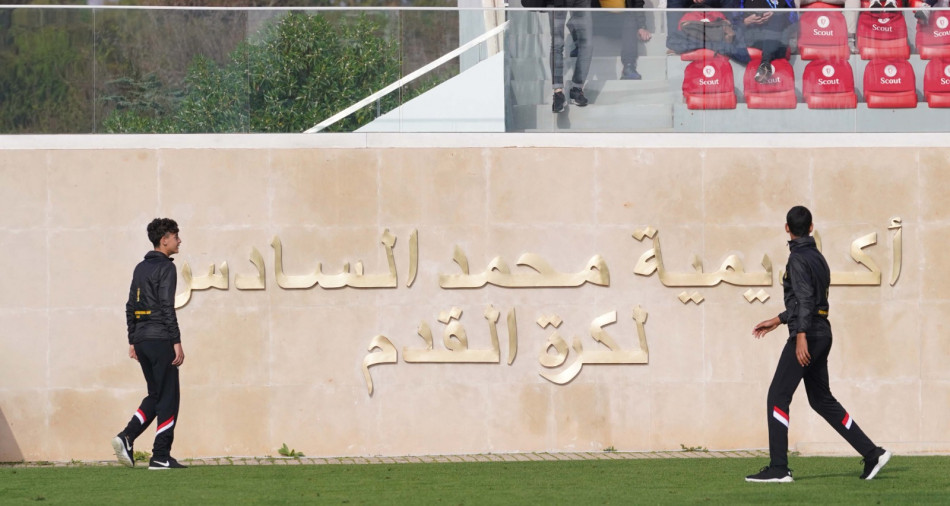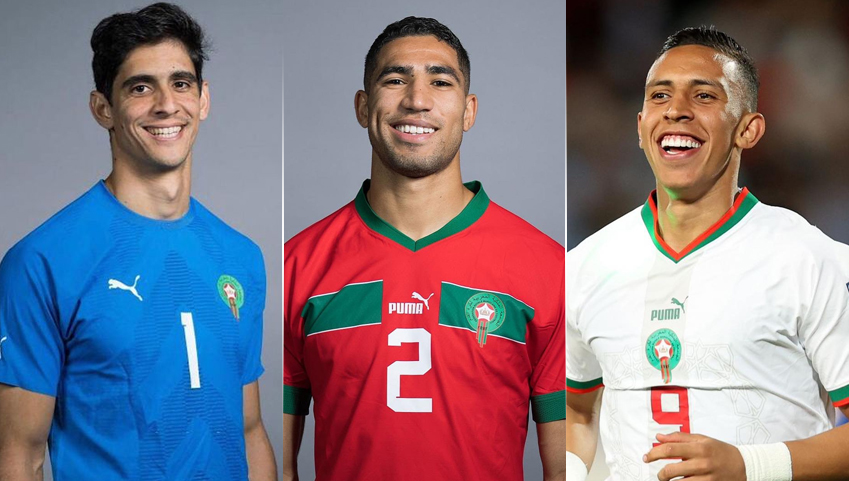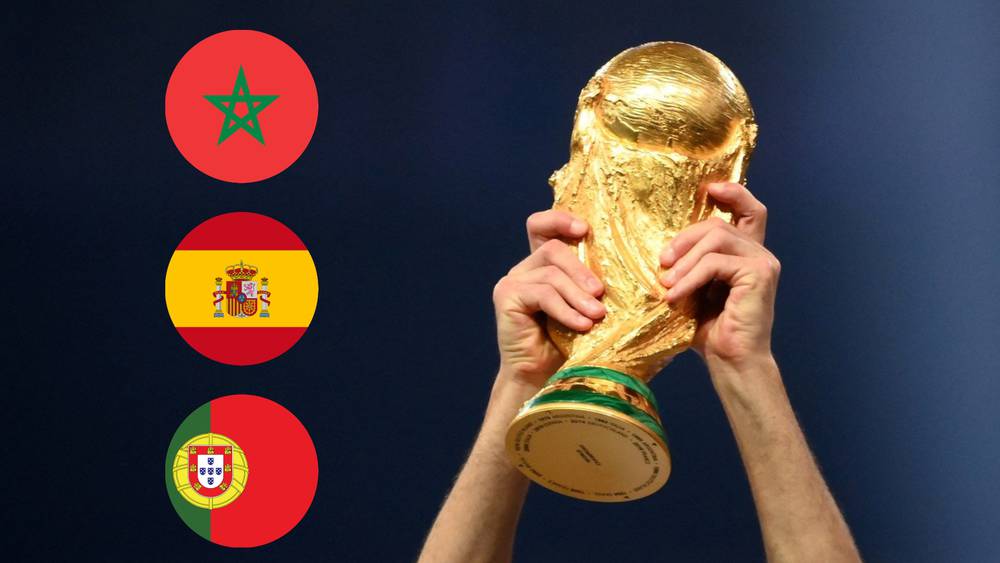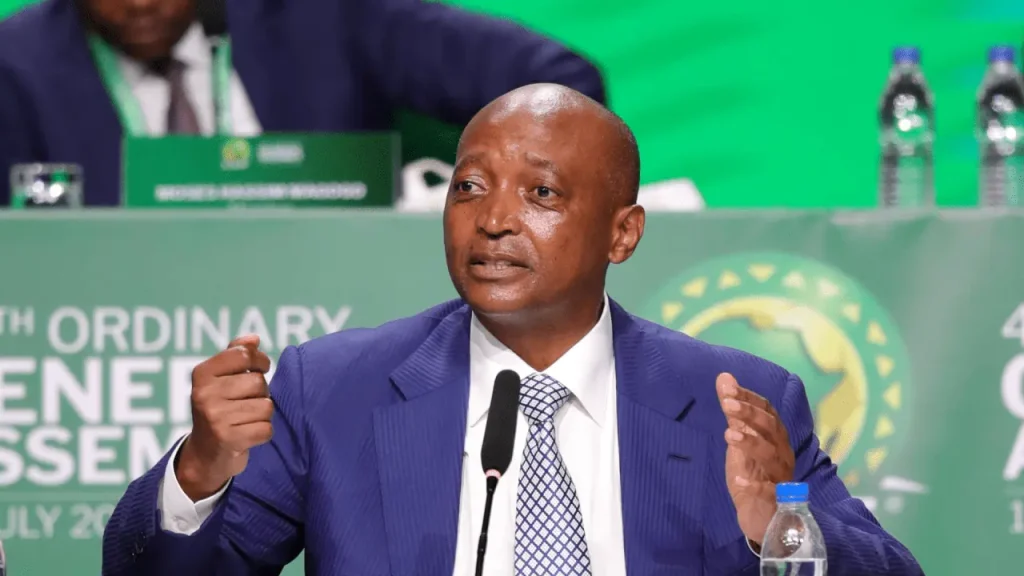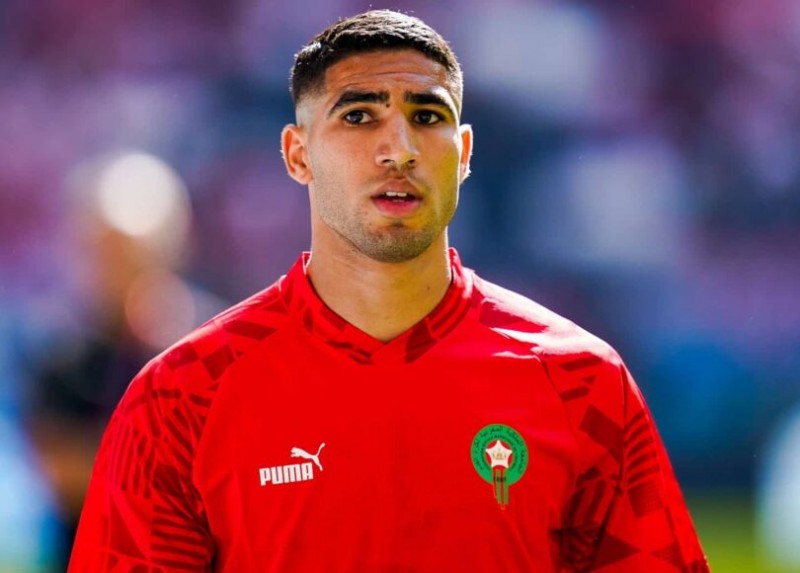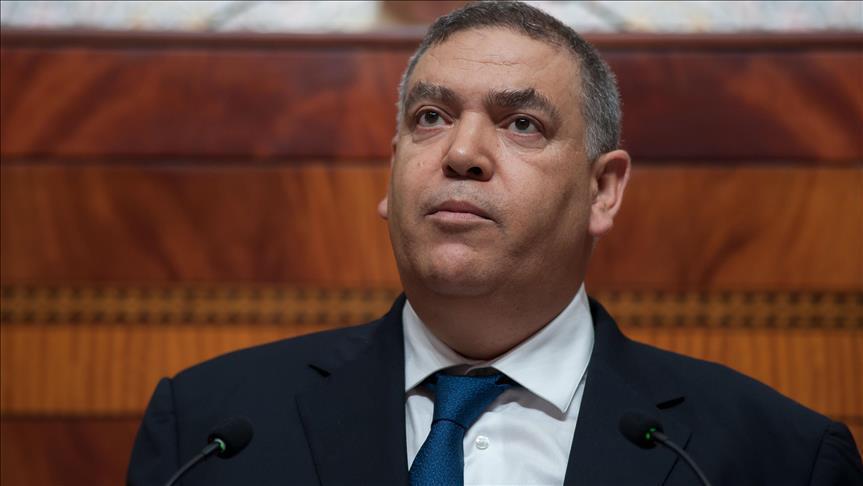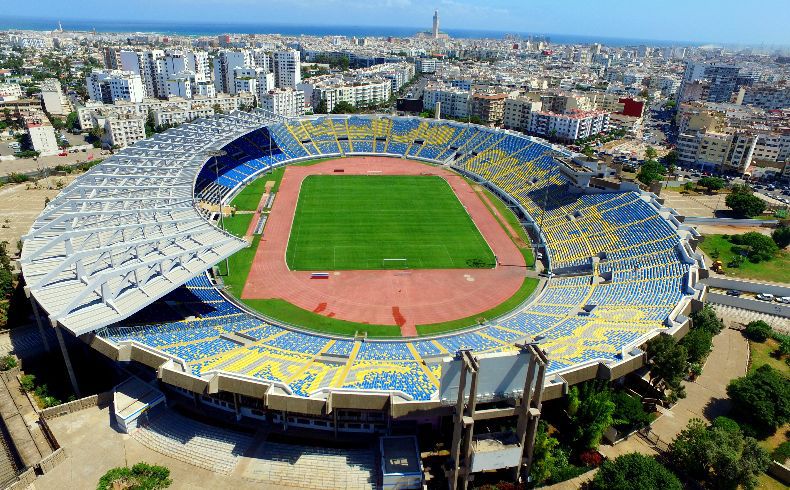The joint bid submitted by Morocco, Portugal and Spain to host the 2030 World Cup, only bid in contention, presents a “very strong all-round proposition” and exceeds “minimum hosting requirements” in the technical evaluation, The Fédération Internationale de Football Association (FIFA) stated in its bid evaluation report.
First and foremost, the joint bid for the FIFA World Cup 2030 presents a very strong all-round proposition, the report says, adding that the FIFA administration has determined that this joint bid can be submitted to the FIFA Council and the FIFA Congress for consideration.
This is reflected in the results of the technical evaluation, which assesses the proposed infrastructure (both sporting and general) as well as its commercial potential, the report says.
The bid proposes a wide variety of generally high-quality venues across 17 diverse host cities, with a combination of existing, iconic and well-established facilities used by some of the most high-profile football clubs in the world, coupled with a number of modernisation projects, whether it be new-builds or upgrades, all of which have very strong legacy use cases.
The joint bid submitted by Morocco, Portugal and Spain “looks to inspire and unite, using the collective passion for football across the three countries to bring people together and transcend boundaries, further tightening the bonds between two neighbouring continents and the world at large,” the report adds.
The report shows that, while the scale of construction projects within a six-year timeframe calls for rigorous monitoring and even, where necessary, support measures, it is worth highlighting the existence of mitigating factors, such as the fact that several projects have already been launched (notably in Morocco, where several stadiums are due to be delivered for the CAF Africa Cup of Nations 2025), the quality and completeness of the proposed plans, and the commitment around these projects, which testifies to a high degree of confidence.
Based on the results of its technical evaluation, the Morocco/Spain/Portugal 2030 bid received an average score of 4.2/5. With regard to the Centenary Celebration, based on the results of its technical evaluation, the Argentina/Paraguay/Uruguay bid received an average score of 3.6/5.
The Morocco-Spain-Portugal 2030 bid offers varied and interesting stadium options, of which there are 20: six in Morocco, three in Portugal and 11 in Spain. This exceeds the minimum requirements (14 stadiums) decided for the 2030 World Cup, offering sufficient flexibility to choose diverse and emblematic venues in the three countries, the report says.
Of these 20 stadiums, one will be newly built and several will undergo major renovation work, the document states, adding that whatever their status, all have specific assets and are perfectly capable of hosting the World Cup.
Five of the six stadiums proposed by Morocco will also host CAN-2025 matches. All six are subject to to construction or refurbishment but “appear to be compliant with most or all of the requirements,” the report points out, noting that Morocco is presenting the Grand Stade Hassan II in Casablanca, which is destined to become the world’s largest soccer stadium and on which work is already underway.
The report adds that the Santiago Bernabéu stadium in Madrid, the Camp Nou stadium in Barcelona and the Grand Stade Hassan II in Casablanca have been proposed for the opening match and the final.
